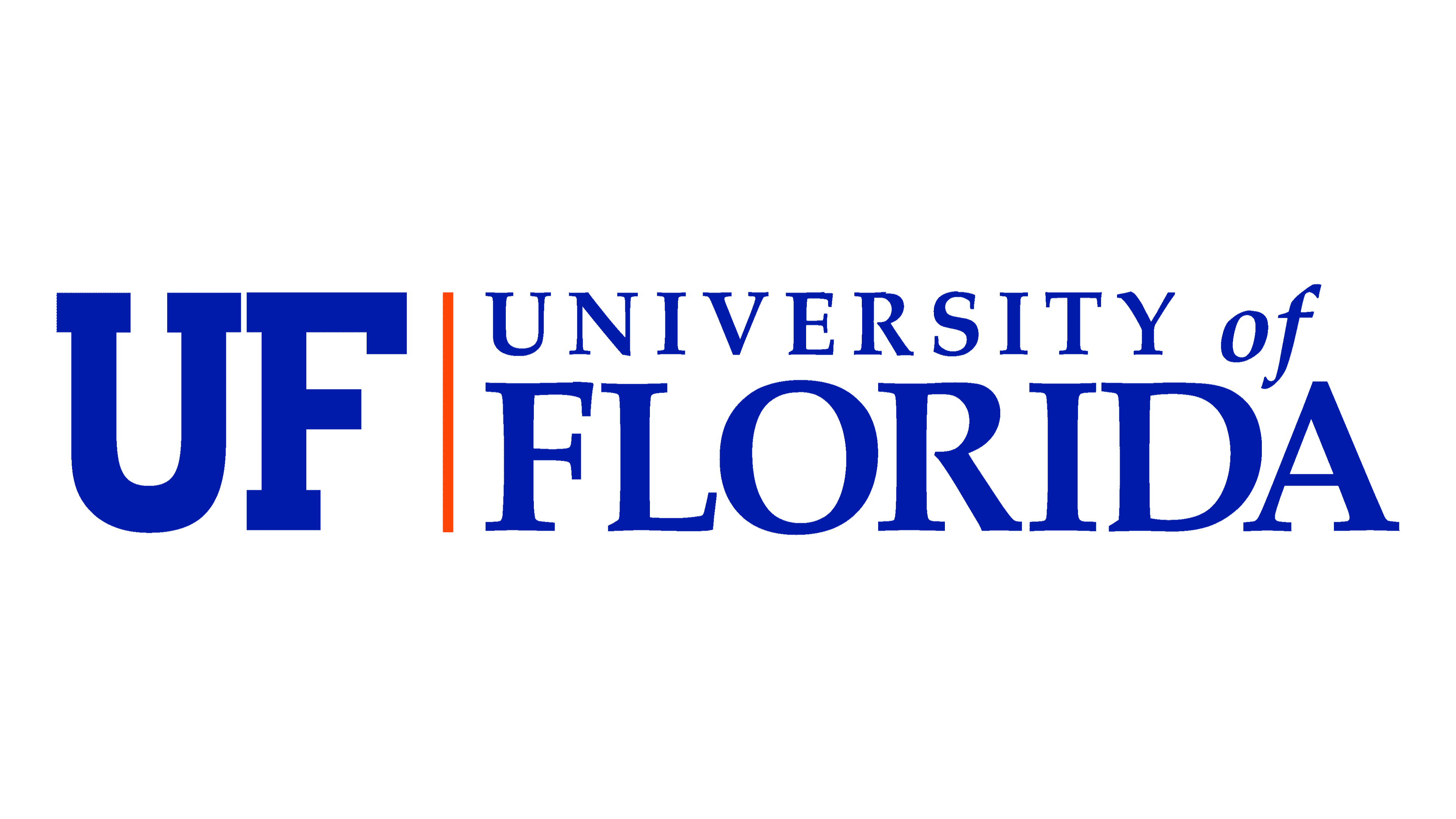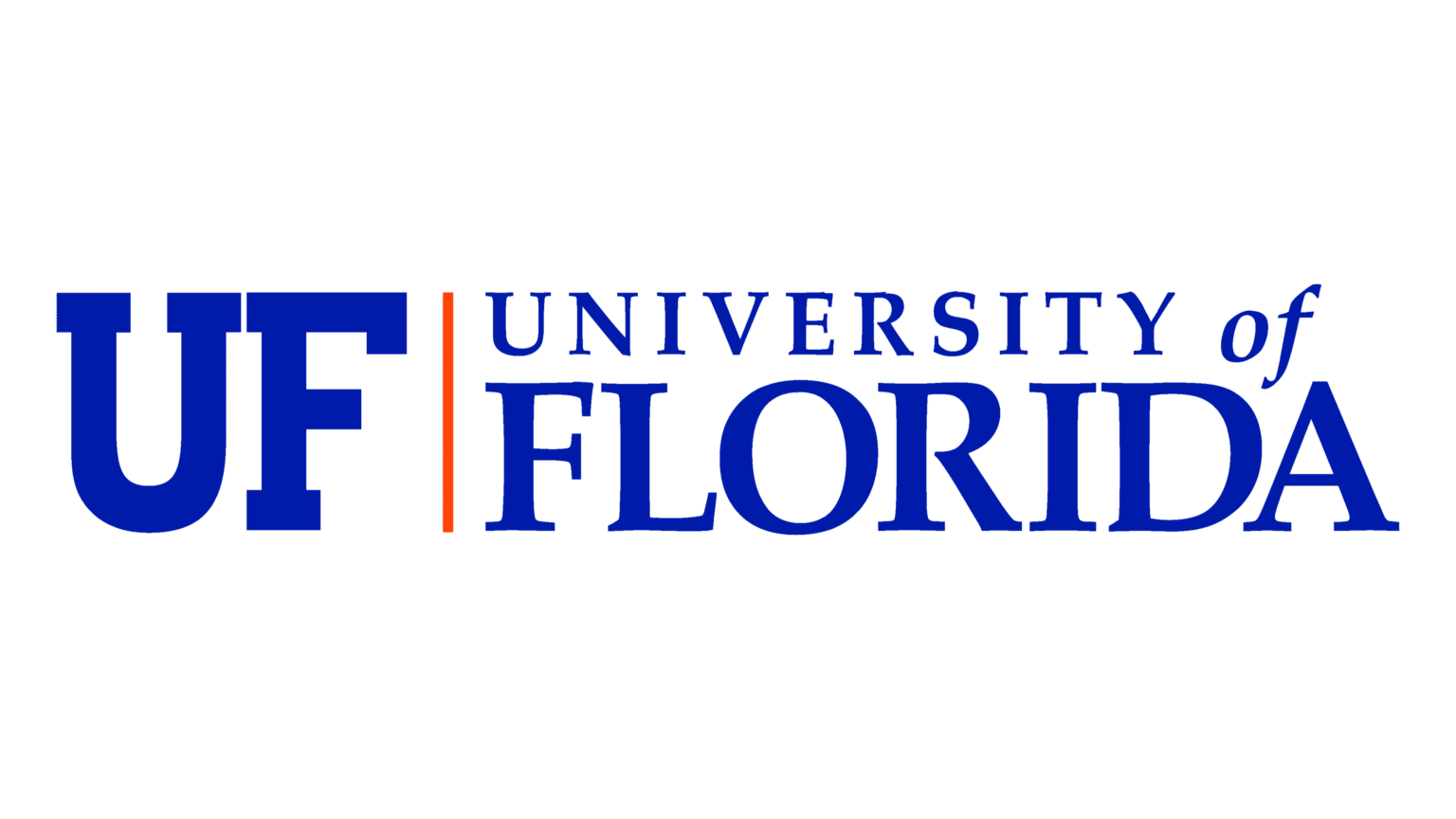Dementia Research Study
Researchers at The University of Florida are evaluating a stimulation device for possible dementia treatment.

Fast Facts

Individuals ages 65+

Diagnosed with Dementia or Alzheimer's

Compensation Provided

Conducted in Gainesville, FL
Study Background
Researchers at The University of Florida are evaluating a stimulation device for possible dementia treatment.
Our research aims to investigate if Transcranial Pulse Stimulation (TPS) could be an effective treatment for mild Alzheimer’s disease or mild dementia. We are exploring whether TPS can enhance cognitive function, improve brain connectivity, and promote brain health. Additionally, we are examining its potential to positively impact certain blood chemicals. Given the absence of a cure, TPS represents a promising new approach for managing these conditions.
To achieve this, some participants will receive TPS while others will undergo a sham stimulation. We will then compare outcomes such as cognitive performance, brain scan results (connectivity and structure), and blood chemical levels between the two groups. This comparison will help determine if TPS can significantly benefit individuals with mild Alzheimer’s or dementia.
If our study confirms the effectiveness of TPS, it could mark a breakthrough in treatment options for these challenging diseases, addressing current limitations. However, the outcome of our research will provide the definitive answer on whether TPS can fulfill its potential as a viable alternative treatment.

Study Background
Researchers at The University of Florida are evaluating a stimulation device for possible dementia treatment.

Our research aims to investigate if Transcranial Pulse Stimulation (TPS) could be an effective treatment for mild Alzheimer’s disease or mild dementia. We are exploring whether TPS can enhance cognitive function, improve brain connectivity, and promote brain health. Additionally, we are examining its potential to positively impact certain blood chemicals. Given the absence of a cure, TPS represents a promising new approach for managing these conditions.
To achieve this, some participants will receive TPS while others will undergo a sham stimulation. We will then compare outcomes such as cognitive performance, brain scan results (connectivity and structure), and blood chemical levels between the two groups. This comparison will help determine if TPS can significantly benefit individuals with mild Alzheimer’s or dementia.
If our study confirms the effectiveness of TPS, it could mark a breakthrough in treatment options for these challenging diseases, addressing current limitations. However, the outcome of our research will provide the definitive answer on whether TPS can fulfill its potential as a viable alternative treatment.

Additional Information
The University of Florida researchers are currently assessing a stimulation device as a potential treatment for dementia.
You or someone you care for may qualify for this study if the participant meets the following criteria:
Participant Inclusion Criteria
- Ages 65+
- Diagnosed with mild dementia or Alzheimer’s disease
- Currently lives with a caregiver for more than 3 hours per week who is also willing to participate by answering health history questions
- Willing to undergo MRI scan (no metal in the body, no claustrophobia)
- Willing to do 2 blood draws
- Right-handed or ambidextrous
- Not diagnosed with type 1 diabetes
- No atrial fibrillation or history of serious heart issues
Participation Preparation: You’ll start by attending up to 10 in-person visits at the University of Florida McKnight Brain Institute.
Initial Visit: The first visit, following a phone screening, involves a thinking skills assessment, interview, and brief examination to determine your eligibility for the study.
Brain Scan and Blood Draw: Once deemed eligible, you’ll undergo a brain MRI lasting approximately 45-60 minutes and have a blood sample taken immediately afterward.
Randomization and Intervention: Next, you’ll be randomly assigned to either the active or sham condition and begin the intervention (stimulation) visits. These visits will take place on Monday, Wednesday, and Friday for two consecutive weeks.
Stimulation Sessions: During each stimulation session, lasting around 20 minutes in total, including transition time between different brain regions, you’ll experience the stimulation device moving across your scalp. You won’t feel anything else during this process.
Follow-Up Visit: After completing all stimulation visits, you’ll return for an additional in-person visit for a follow-up on thinking skills, another brain MRI, and another blood draw.
Total Participation Time: Active participation in the study spans approximately 3-4 weeks. Additionally, the researchers will follow up with you by phone for up to 12 months after completing the in-person visits.
Participants (not caregivers) can earn up to $150 for their involvement in this study.
There is no cost for you to participate in our research study.
